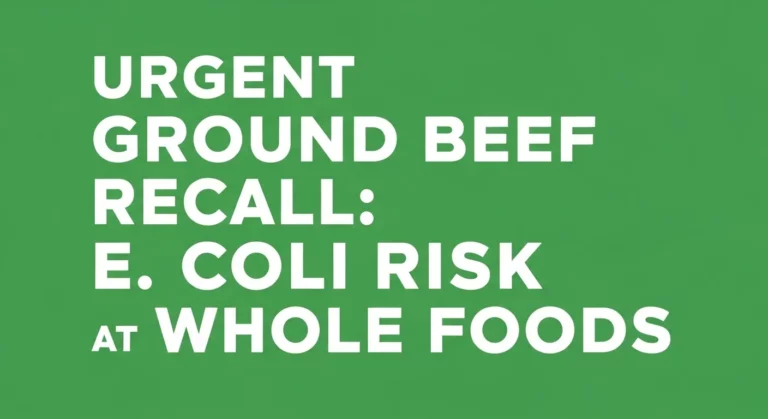Martin Lewis Issues Urgent Warning for Lloyds, Barclays & NatWest Debit Card Users
Introduction
As a leading consumer finance expert, Martin Lewis has issued a serious warning to debit card users with major UK banks. The warning specifically calls out customers of Lloyds Banking Group, Barclays Bank PLC ,and NatWest Group. According to recent reporting, Lewis emphasises that using a debit card alone may expose consumers to risks that are often underestimated. This shows that regulatory trends and consumer-protection law are playing an increasingly central role in everyday banking decisions. For investors and policymakers, the warning signals potential regulatory scrutiny, reputational exposure, and changes in bank liability frameworks.
Continue Reading on Meyka
This article is available in full on our main platform. Get access to complete analysis, stock insights, and more.
Read Full Article →





